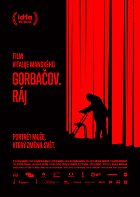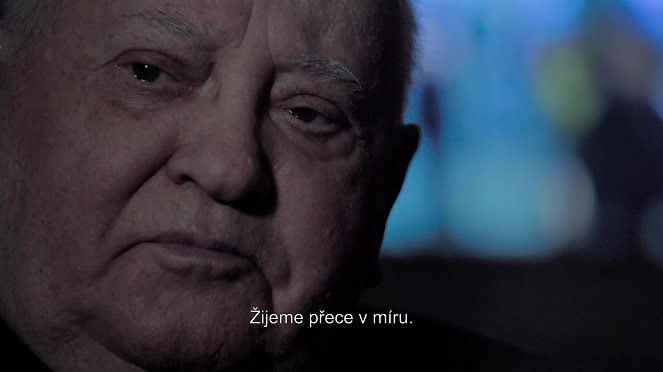Rendező:
Vitaly ManskyForgatókönyvíró:
Vitaly ManskyOperatőr:
Alexandra IvanovaSzereplők:
Mikhail Sergeyevich GorbachevTartalmak(1)
Egy ember, aki a 20. században sarkából kiforgatta és megváltoztatta a világot, s akinek a nevét visszhangozta az egész világ. A glasznoszty és peresztrojka, azaz egy olyan gazdaság-politikai nyitás felépítője, amely polgárainak a korábbinál jóval nagyobb szabadságot adott – abban a Szovjetunióban, amelyet Ronald Reagan amerikai elnök a „Gonosz Birodalmának” nevezett. Egy ember, akinek köszönhetően leomlott a Berlini Fal. Ugyanakkor az ő kormányzása idején felrobbant csernobili atomerőmű pusztítását elhallgatták. Balti államokban függetlenséget követelő polgárok életükkel fizettek. Tbilisziben és Bakuban szovjet katonák és tankok békés tüntetőket fenyegettek, brutálisan elnyomtak, megöltek. Rövid hatalmon levése alatt végül összeomlott saját birodalma: a szovjet birodalom is. Egy ember, akit saját honfitársai is megbélyegeztek. Mihail Gorbacsov: a múlt terheit viselő magányos öregember ma Moszva külvárosában, egy üres házban éli élete utolsó napjait. (Budapest International Documentary Festival)
(több)Videók (2)
Recenziók (1)
A look at the banality of old age that conceals testimonials to some of history's greatest. The first and best part is actually a documentary variation on Sokurov's Taurus. An infirm Gorbachev in his darkened villa reminisces about his wife and his early youth, while we see a scythe leaning around every corner. It's cold outside and the walker catches against the threshold. The middle section is a flustered effort by Manskij to take one last opportunity to learn more about the political background to Glasnost, Perestroika, the military coup, and the transfer of power to Yeltsin, except that Gorbachev speaks ambiguously, in platitudes, bouncing off banal stories from the set, and it's impossible to tell 100% whether senility is speaking for him or if he is deliberately obfuscating for fear that history might catch up with him before he dies. In this case, he most resembles a demented grandfather who, on a family visit, hid his grandson's cell phone, which everyone is now looking for, while he smiles at what a joke he's made, though he no longer knows where he hid it himself. Manskij is at his best when he purely observes the action and lets the viewer form connections (The Pipe) rather than stepping in and asking vague questions (Putin's Witnesses). Gorbachev. Paradise, then, is a particularly interesting study of the proximity of death. As political commentary, it will probably disappoint most people.
()


